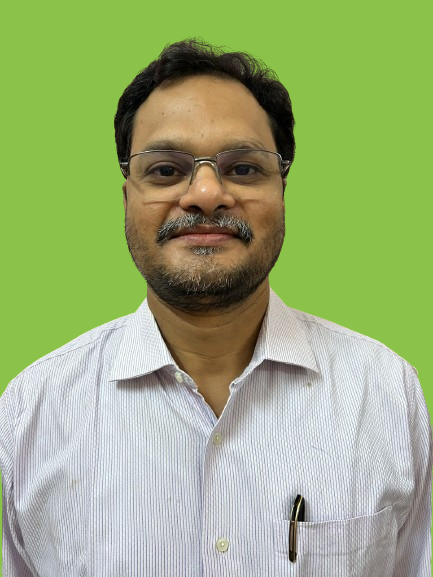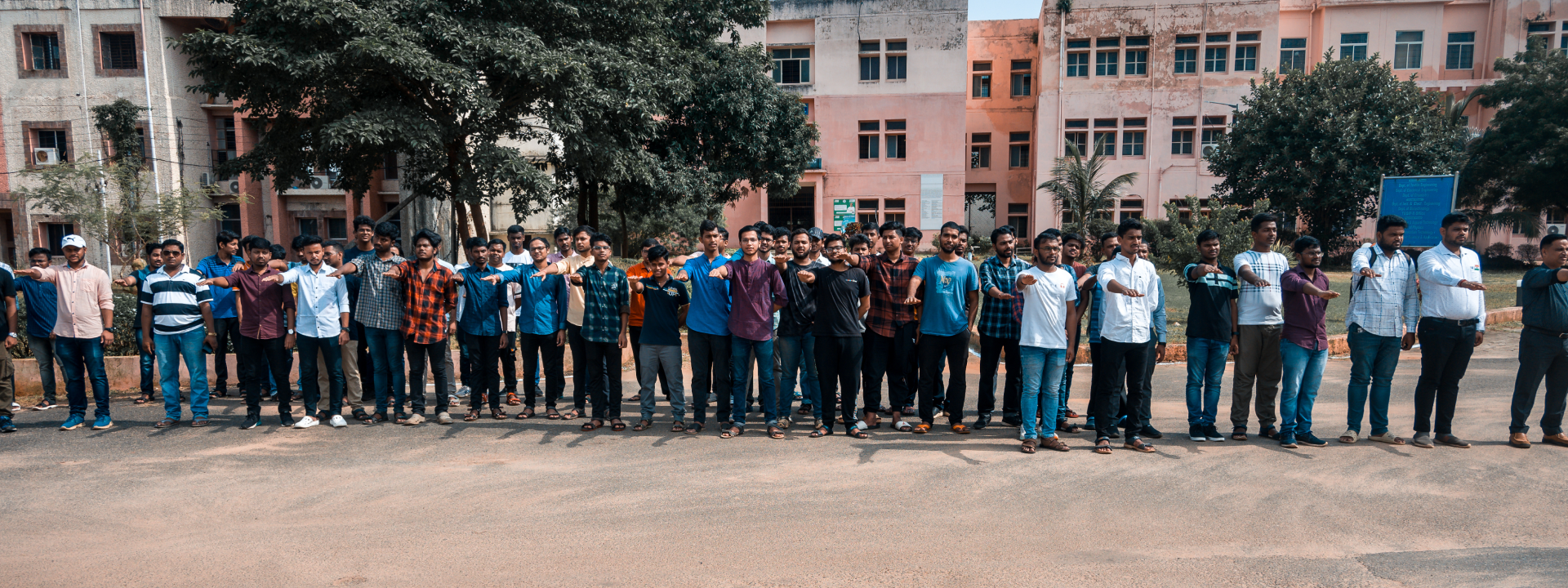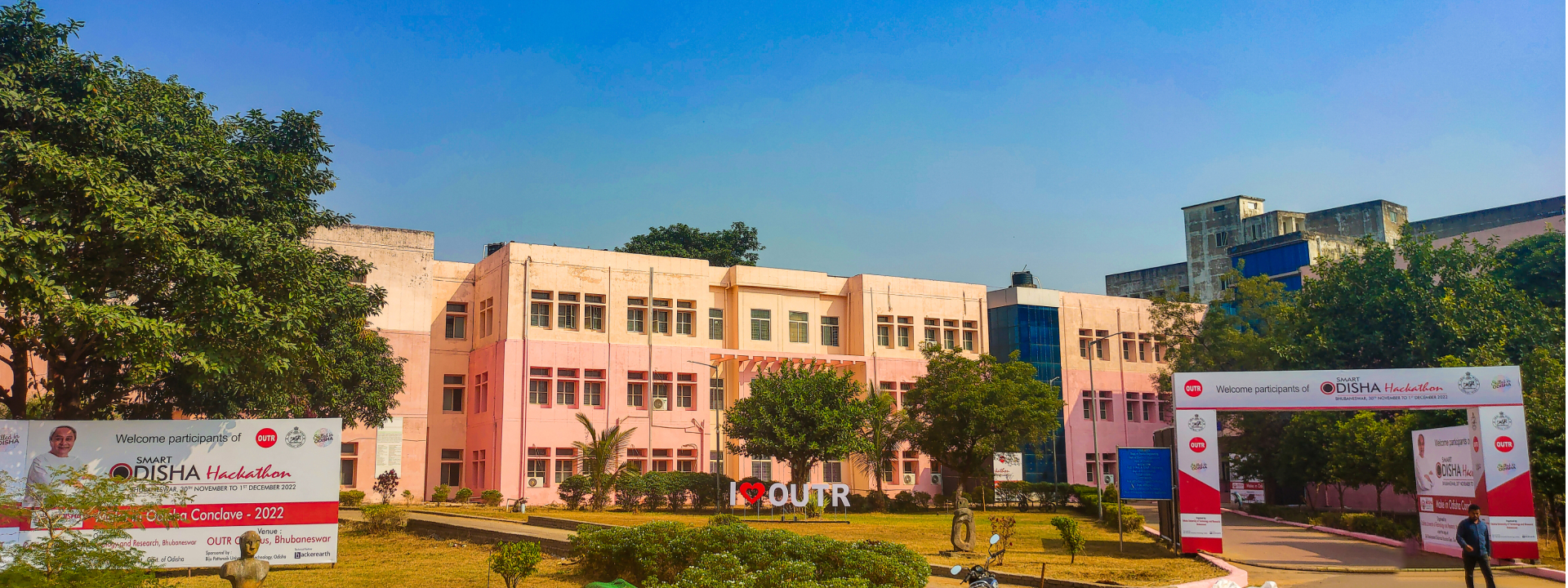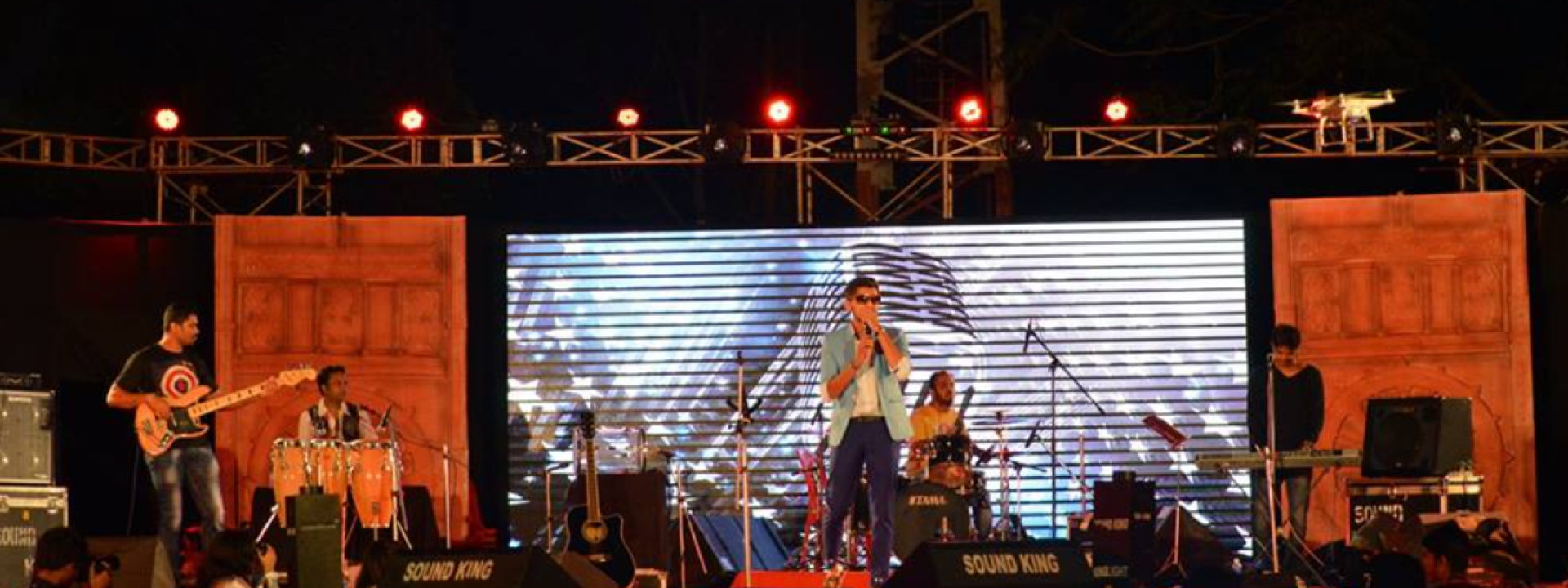Head of the School

Dr. Ranjan Kumar Dash (Professor)
9437360517
rkdash@outr.ac.inAbout the School
School of Computer Sciences has almost 7 different courses starting from B.Tech, M.Tech, MCA along with Ph.D. It is equipped with sophisticated laboratories and well qualified faculty members who are not only technically skilled but also professionally competent. Faculty members have obtained recognition through publication at the national and international level in the areas of neural networks, pattern recognition and image processing etc. It was established since 1993 as the Department of Computer Science and Application and is one of the oldest School of the University. The very fact that only the top rankers of the State get a chance to study in this School speaks tons about its importance in the State educational scenario.
The school is committed to provide best quality knowledge in a lucid and less tiresome ways. The alumni of the school include software developers, bankers, academicians, entrepreneurs, and people from various other fields. The placement record of this school bears the testimony of its dedication and determination.
Vision of SCS
To establish technical excellence in the field of computer science and information technology through extraordinary research and development for quality technocrats
Mission of SCS
- To provide quality education in computer science and a greater learning environment for the same.
- To create computer scientist and IT professionals with creative and innovative skills
- To provide a platform to address societal and industry problems and challenges.
- To establish research and development teams cutting across levels of faculty and students
Program Outcomes as defined by NBA (PO)
Engineering Graduates will be able to:
- Engineering knowledge: Apply the knowledge of mathematics, science, engineering fundamentals, and an engineering specialization to the solution of complex engineering problems.
- Problem analysis: Identify, formulate, review research literature, and analyze complex engineering problems reaching substantiated conclusions using first principles of mathematics, natural sciences, and engineering sciences
- Design/development of solutions: Design solutions for complex engineering problems and design system components or processes that meet the specified needs with appropriate consideration for the public health and safety, and the cultural, societal, and environmental considerations.
- Conduct investigations of complex problems: Use research-based knowledge and research methods including design of experiments, analysis and interpretation of data, and synthesis of the information to provide valid conclusions
- Modern tool usage: Create, select, and apply appropriate techniques, resources, and modern Engineering and IT tools including prediction and modeling to complex engineering activities with an understanding of the limitations
- The engineer and society: Apply reasoning informed by the contextual knowledge to assess societal, health, safety, legal and cultural issues and the consequent responsibilities relevant to the professional engineering practice
- Environment and sustainability: Understand the impact of the professional engineering solutions in societal and environmental contexts, and demonstrate the knowledge of, and need for sustainable development
- Ethics: Apply ethical principles and commit to professional ethics and responsibilities and norms of the engineering practice
- Individual and team work: Function effectively as an individual, and as a member or leader in diverse teams, and in multidisciplinary settings
- Communication: Communicate effectively on complex engineering activities with the engineering community and with society at large, such as, being able to comprehend and write effective reports and design documentation, make effective presentations, and give and receive clear instructions
- Project management and finance: Demonstrate knowledge and understanding of the engineering and management principles and apply these to one’s own work, as a member and leader in a team, to manage projects and in multidisciplinary environments
- Life-long learning: Recognize the need for, and have the preparation and ability to engage in independent and life-long learning in the broadest context of technological change



